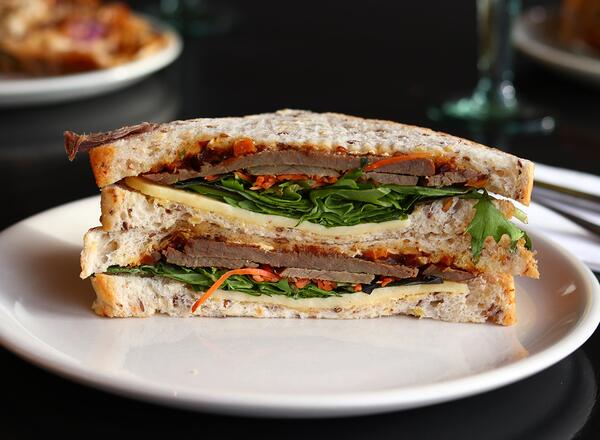
Healthcare professionals are aware that people with diabetes are more likely to become depressed. Diabetes care can have unpredictable outcomes at times. Diabetes distress comes from dealing with the weight of diabetes. The worries, fears, and concerns that come with managing a progressive, chronic disease are called as diabetes distress.
Depression is a more serious mental health problem. Symptoms of depression can last from a couple of weeks to months.
Common Depression Symptoms
- Fatigue
- Excessive sadness, guilt, feelings of worthlessness
- Sleeping too little or too much
- Loss of interest in usual activities
- Change in appetite
- Weight loss or weight gain
- Finding it very hard to make decisions or concentrate
- Restlessness
- Withdrawal
- Feelings of suicide
Any of these symptoms should be discussed with your healthcare professional. Even if you are not sure if you are depressed, they are trained to help with symptoms of depression. Your doctor or diabetes educator can ask with a few simple questions to evaluate your level of depression.
Because diabetes and depression negatively affect each other, they must both be treated. As one improves, the other will likely also improve.
